The Barefoot Investor: this is why kids should still care about cash
Why does Australia still print notes and mint coins when the country went cashless faster than we could say ‘Covid’? Well, the Barefoot Investor has doubled down on the value of real currency
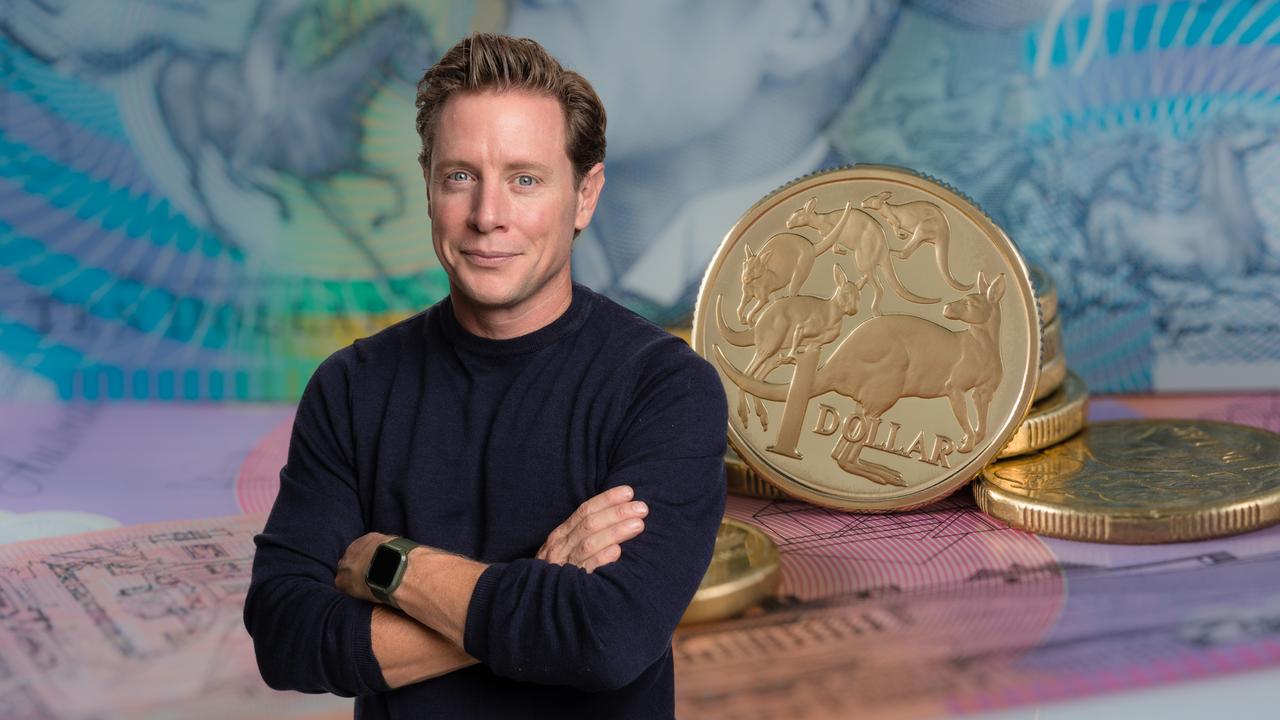
READING LEVEL: GREEN
The teen cashier stood in front of me, holding my burrito, shaking her head.
“We don’t accept cash – use your card”, she instructed, in the same tone that I use when my parents ask whether it’s “safe” to download the latest update on their phone.
“But I don’t have a card!” I pleaded with the fast-food worker.
She scanned my face, looking for clues, for a good 10 seconds.
I wanted to tell her that I was doing an experiment of using only cash for a week, and that I was in fact a successful financial expert. And also that I was really hungry. But I didn’t do any of those things. I just stood there like an idiot.
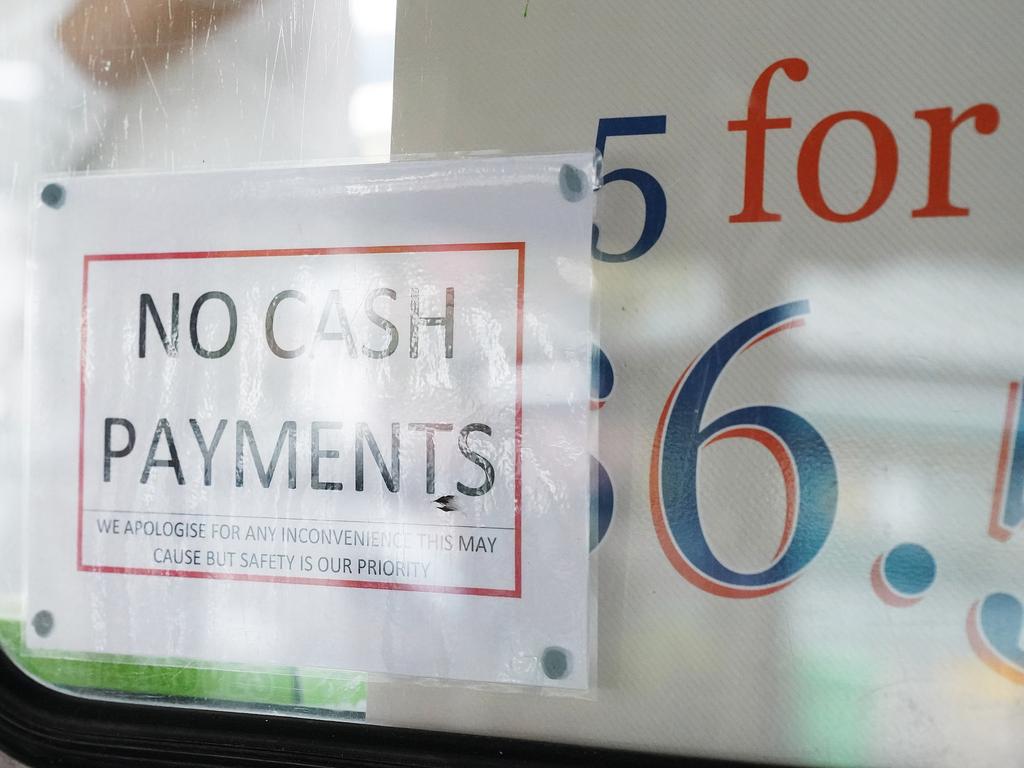
“Can you call someone?” she said, her expression changing from annoyance to pity.
“I don’t have a phone on me. And even if I did … my wife wouldn’t help”, I whined.
No burrito for Barefoot!
Look, this week has been a pain in the rump.
As in literally*: I’ve had a huge bulge in my pockets from lugging like a kilo of coins.
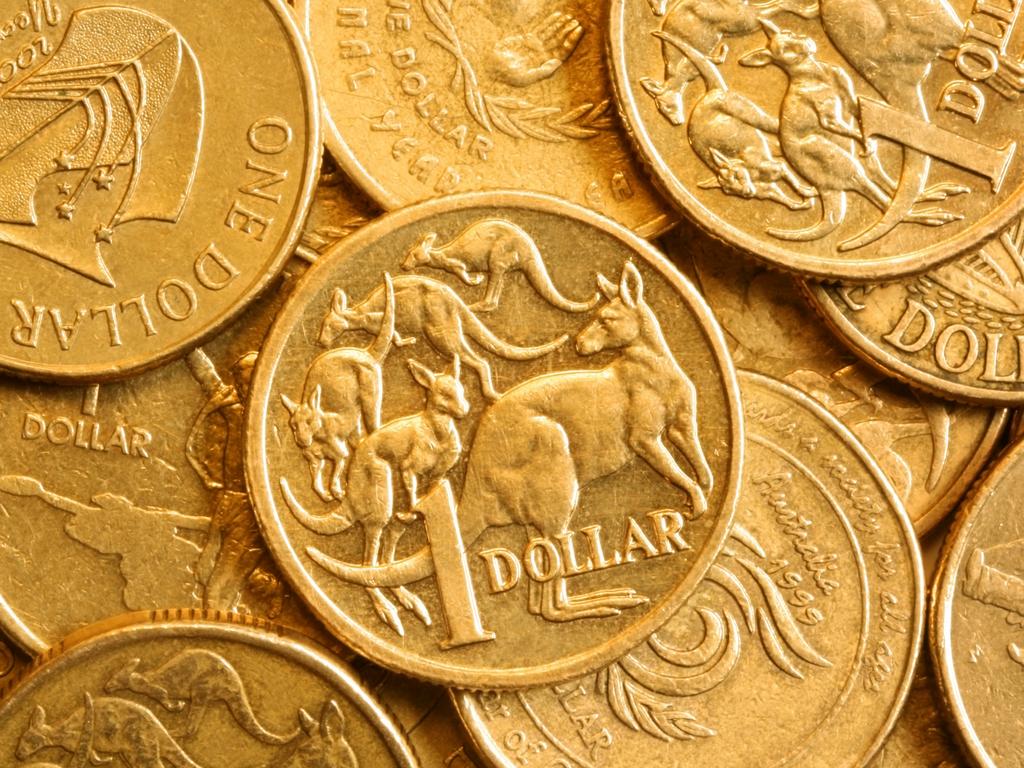
“Why are you jingling like Captain Feathersword*, Daddy?” asked my four-year-old one evening.
Argh, me hearties*!
Yet, as I went to bed that night, all that jingling got me thinking:
How much does it cost to create our cumbersome* coins?
So the next morning I called up the Royal Australian Mint.
And that’s where things got really … minty.
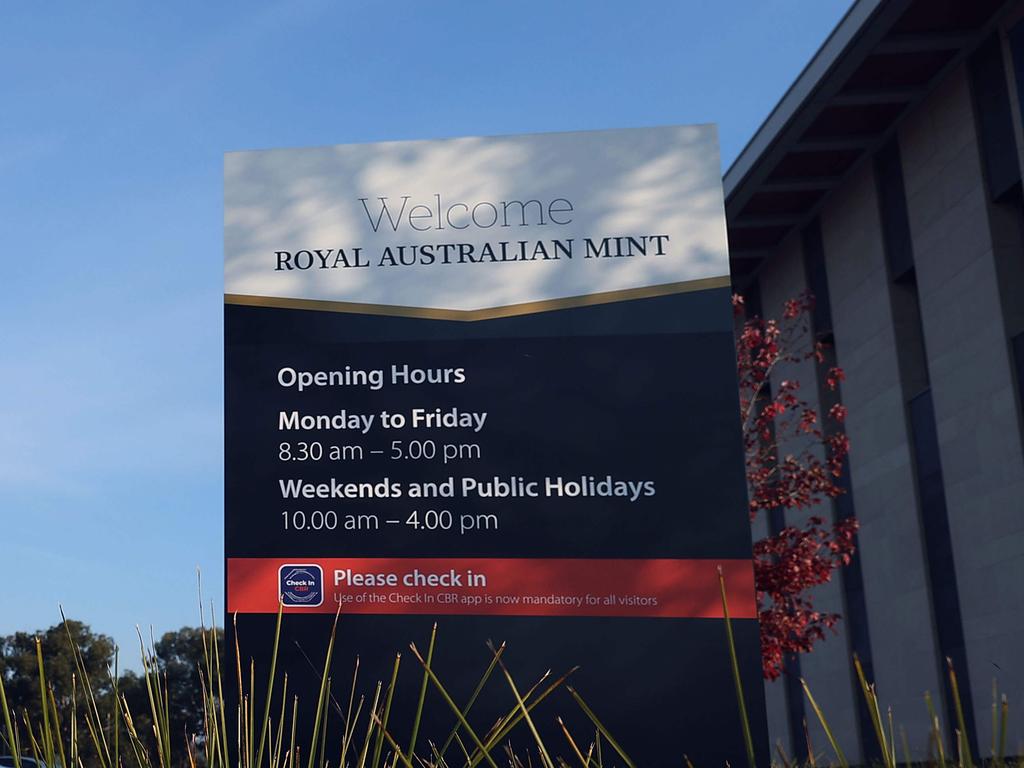
After days of getting ghosted* multiple times, I finally got on to an executive from the Mint.
“Your request is currently with the privacy department … because it’s commercial in confidence”, she said patronisingly.
“Commercial in confidence? Who are you competing with, the Vietnamese dong*?!” I joked.
She did not laugh.
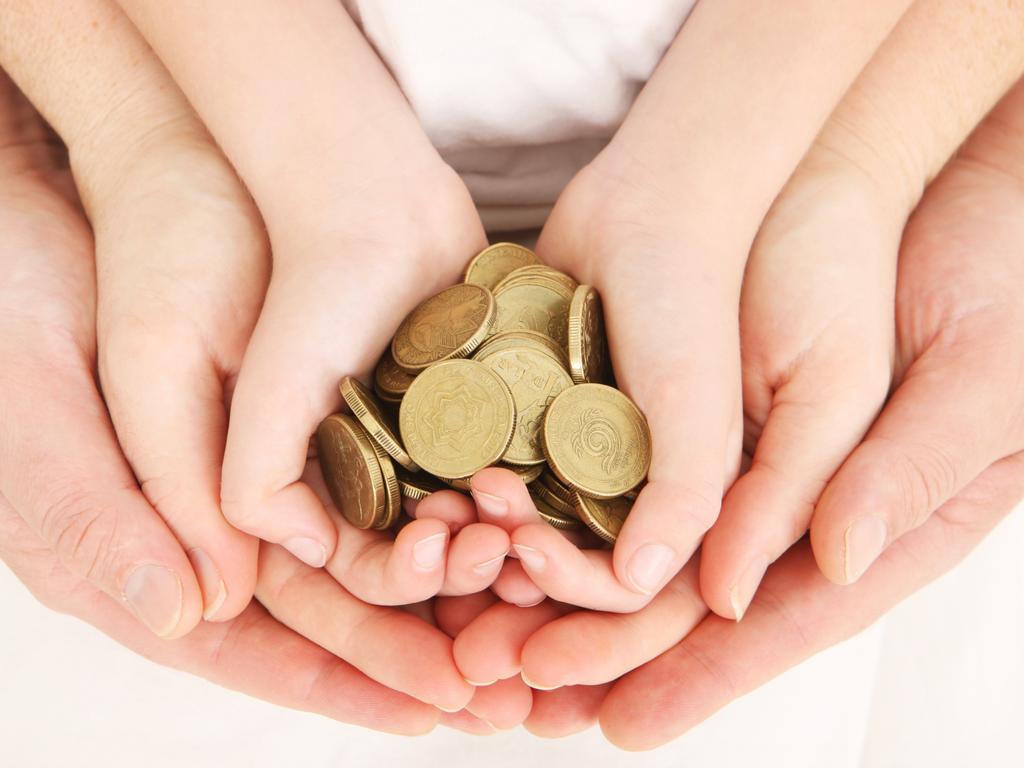
Look, I get why they don’t want people asking pesky questions about the cost of coins. After all, the Mint is basically the Blockbuster Video* of the Australian Government. According to the Reserve Bank, in the 12 years to 2022, cash transactions plummeted* from over 60 per cent to just 13 per cent.
The result is that not only is the Mint producing way fewer notes and coins, it’s flowed on to their bag boys, Armaguard*, who are broke.
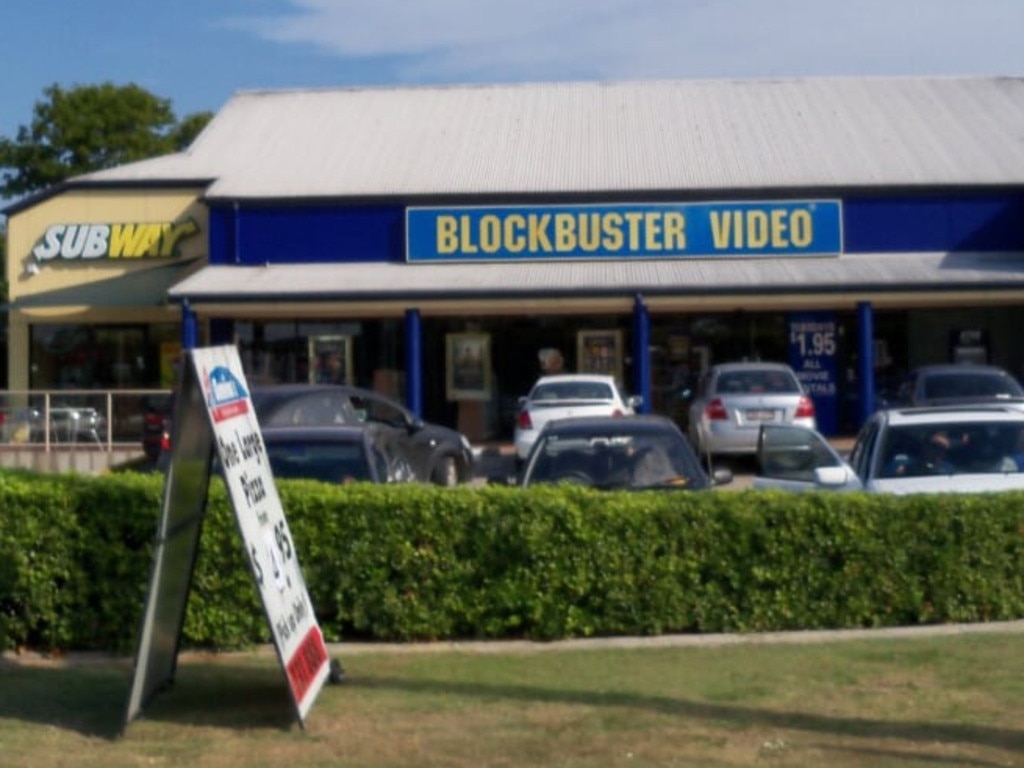
“You are not the first journalist to ring up and ask for this information. They call up every week. We don’t give it out”, said the Mint executive dismissively.
So that was that.
Except this Blockbuster bureaucrat* didn’t know she was up against Capt’n Feathersword!

So I immediately called up the Minister responsible for the Mint, Andrew Leigh.
“How much does it cost to create our coins?” I asked the Minister’s office.
“If the Mint won’t tell you, we can’t tell you. What the Mint says is gospel”, the Government spokesperson said dismissively.
I took a deep breath and said calmly:
“No, your Minister … writes the gospel. And I think taxpayers have a right to know how much our coins are costing us.”
She took her own deep breath and snapped:
“What was your name again? Is this for a podcast? How many followers do you have?”
“I’m the Barefoot Investor. Look me up.”
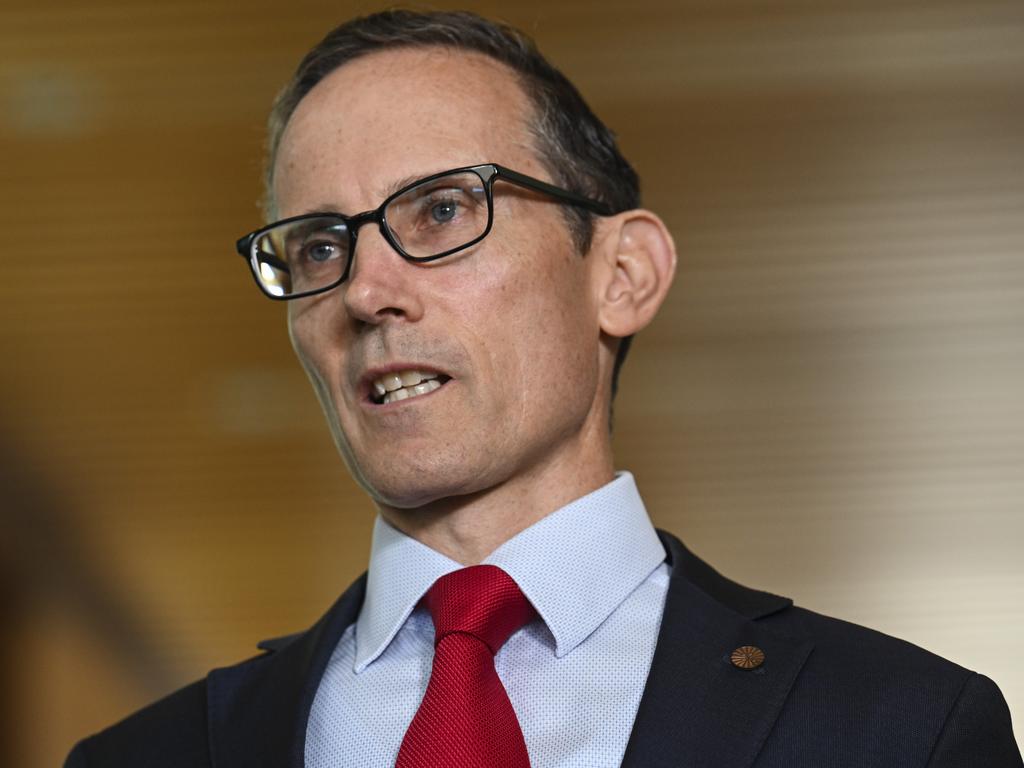
The next day I got a very friendly, and apologetic, text from her boss (MP Andrew Leigh):
“Scott, I’m sorry the Mint wasn’t able to get you the figures you were after. As you’d appreciate, the Mint makes the call themselves on issues like disclosing costs.”
Actually, Minister, I don’t “appreciate” highly paid bureaucrats deciding they’re too important to answer to the people who pay their salaries. This ain’t North Korea*.
So … I think it’s high time I tell you what I really think:
Not only am I a huge fan of cash, I actually believe it is worth the cost to taxpayers to keep it circulating*.
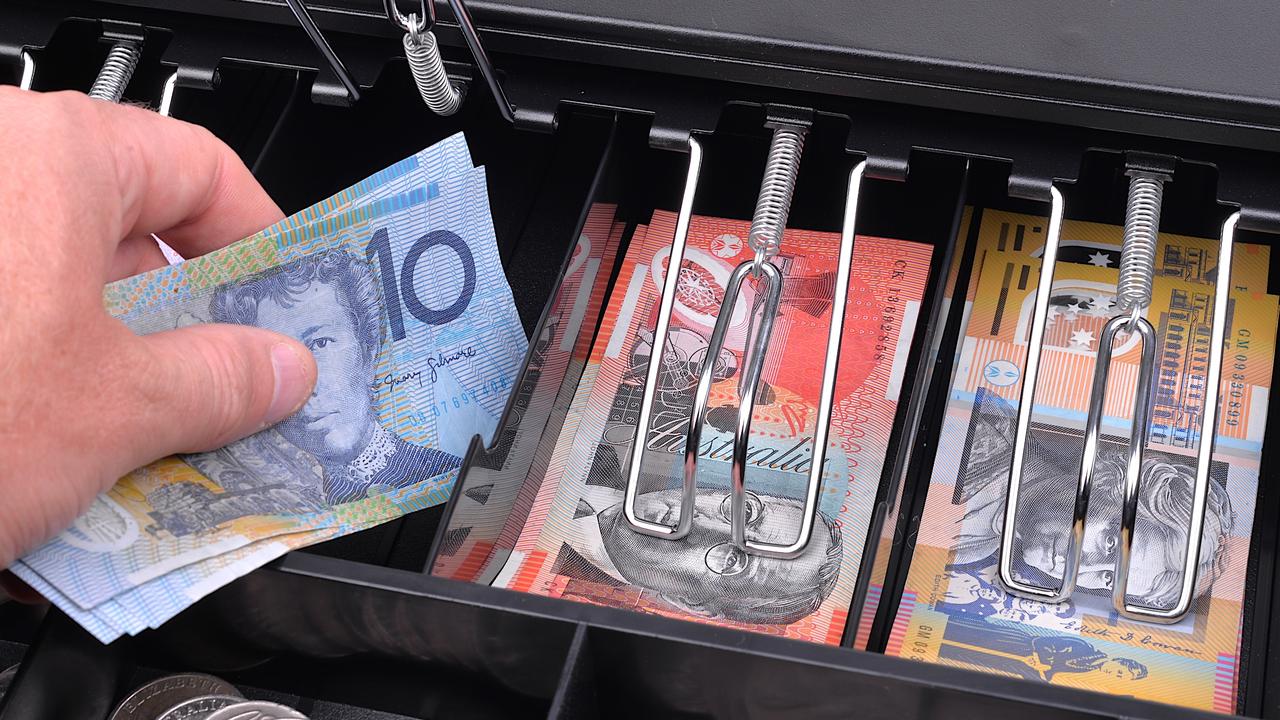
Here’s why:
First, because it’s part of our national identity, and our security.
Case in point: Sweden has gone all in on having a cashless society – so much so that they’ve got the lowest amount of physical cash floating around of any country in the world. But guess what? They’re now having second thoughts.
In November 2024, the Swedish Ministry of Defence sent every household a cheery little brochure entitled, If Crisis or War Comes, advising citizens to withdraw and use cash regularly, keeping at least a week’s worth on hand in various denominations* – because if cybercriminals* or hostile nations decide to pull the plug on digital payments, tapping your card won’t buy you any Swedish meatballs.
In other words, if the Vikings* are worried about a digital apocalypse*, maybe it’s time to stash a few pineapples* under the mattress.
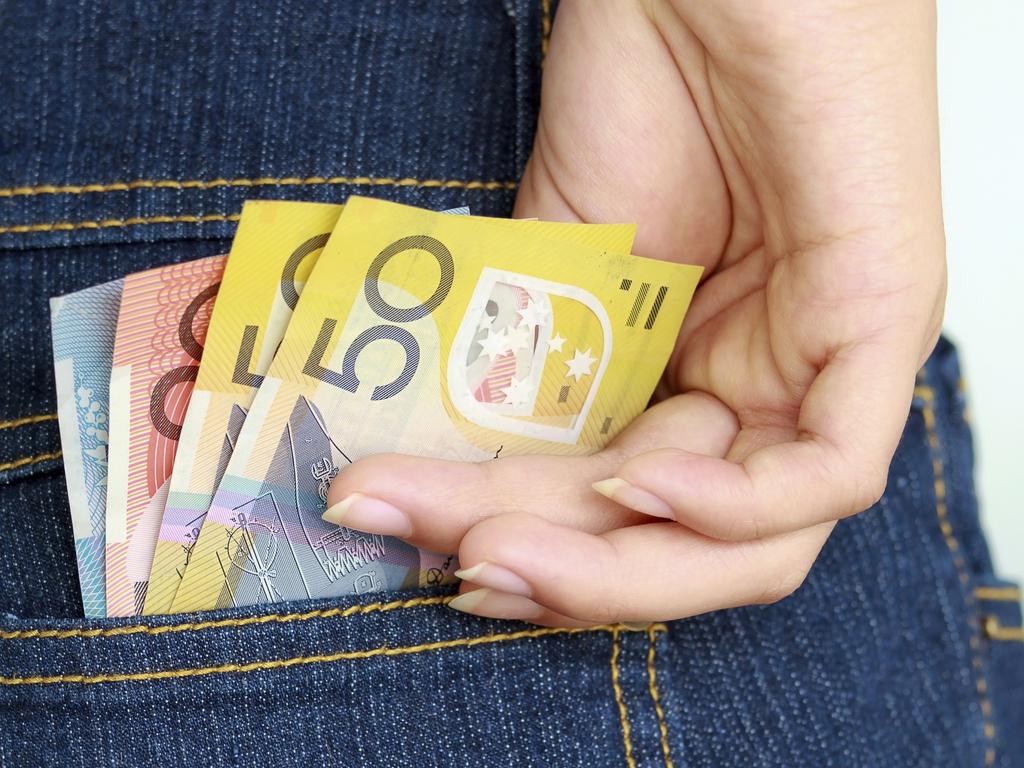
Second, because it’s an awesome visual aid for teaching you kids the value of a buck.
And, finally, because the people who really run Canberra – the Australian Taxation Office – despise cash, since it can’t be tracked. They want every payment to be electronic so they can suck up all that data and feed it through their AI supercomputers to track our every financial move.
Besides, this week’s bureaucratic baloney is exactly why we should never surrender cash.
Tread your own path!
Barefoot Kids, Scott Pape’s best-selling financial literacy book for children, makes money management fun and accessible. Loaded with case studies of young Aussies setting themselves up for success, Barefoot Kids is published by HarperCollins

POLL
GLOSSARY
- literally: in a literal sense, being something that is accurate and true of the proper meaning of a word or phrase
- Captain Feathersword: the friendly pirate character from The Wiggles
- argh, me hearties: according to a 2019 article in The Conversation journal by two linguistics professors, this pirate expression pays respect to a person for bravery or other admirable qualities and “hearty” was another word for “sailor” from the 18th to the early 20th century.
- cumbersome: awkward, clumsy, inconvenient
- Vietnamese dong: currency of Vietnam since 1978
- North Korea: also known as the Democratic People's Republic of Korea, in reality the country is not a democracy as we understand it here in Australia, because North Korea operates as a highly centralised and controlled totalitarian state with an autocratic leader
- Vikings: Scandinavian seafaring warriors who raided and colonised wide areas of Europe from the 9th to the 11th century
- pineapple: a colloquial or slang name for Australia’s $50 bill due to its yellow colour
- cybercriminals: individuals or groups who commit crimes using computers, the internet and networked devices, like hacking, identity theft and financial fraud
- denomination: the value, the specific amount a note or coin is worth in that currency
- apocalypse: catastrophe, disaster, a very serious and negative event
EXTRA READING
Levi rules in junior business world
Kids should work for pocket money
Call for money lessons in schools
QUICK QUIZ
- What three main reasons does Scott Pape give for why we need to keep our cash?
- Who is currently the federal minister responsible for the Mint?
- In the 12 years to 2022, cash transactions fell from 60 per cent to what percentage?
- Which county currently has the lowest amount of physical cash circulating worldwide?
- What was the duration of the Barefoot Investor’s cash only experiment?
LISTEN TO THIS STORY
CLASSROOM ACTIVITIES
1. Benefits and disadvantages?
List the benefits and disadvantages of using cash only. Use information from the story and perhaps your research skills to help you.
Time: allow at least 25 minutes to complete this activity
Curriculum Links: English, Economics and Business Studies
2. Extension
“Tread your own path!” Write a story that is inspired by what you think the Barefoot Investor is saying in the story.
Time: allow at least 25 minutes to complete this activity
Curriculum Links: English, Economics and Business Studies
VCOP ACTIVITY
Vocabulary recycle
There is some vivid vocabulary being used in the article, and I am not just talking about the glossary words. Go through the article and highlight the high-level language that you are impressed by in yellow.
See if you can borrow two of these wow words to reuse in your own way.
Remember vocabulary is a great way to connect with the audience, but you need to think about who your audience is so you make great word choices.
Who will the audience be in your recycled sentences?

